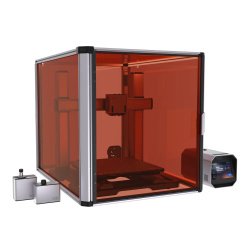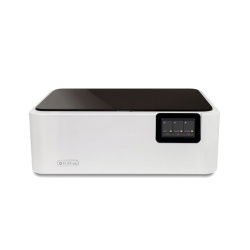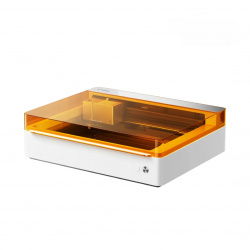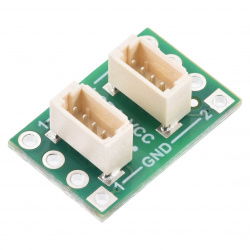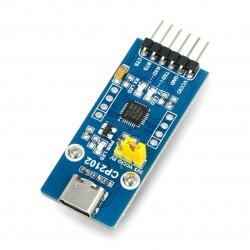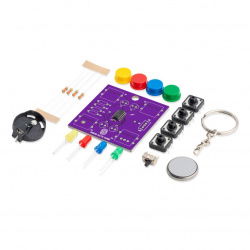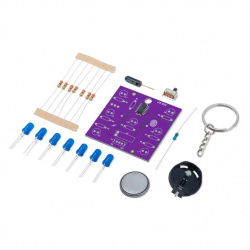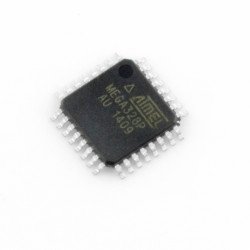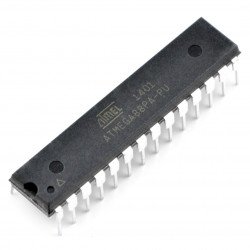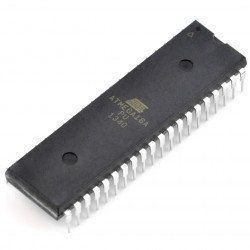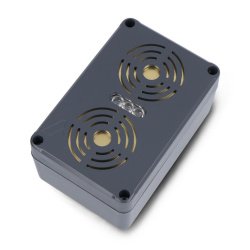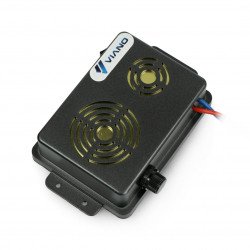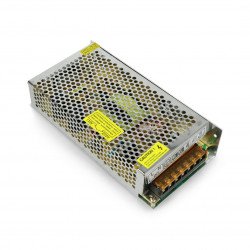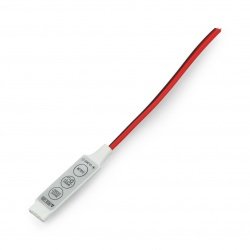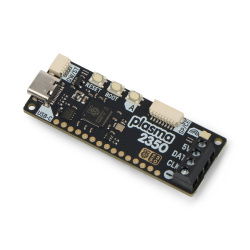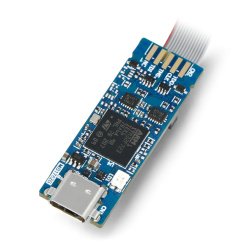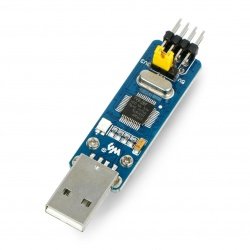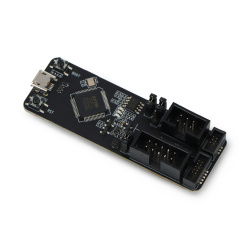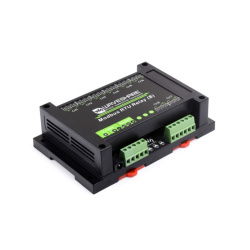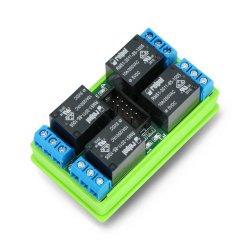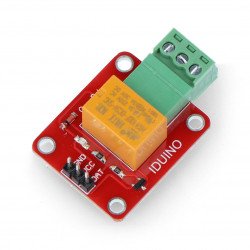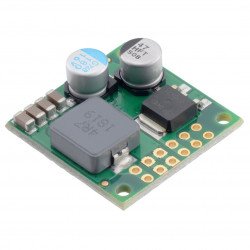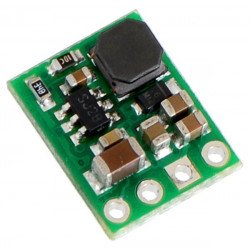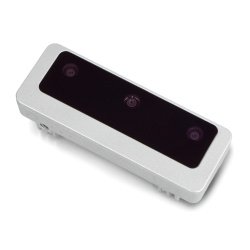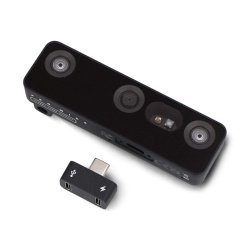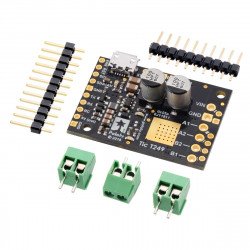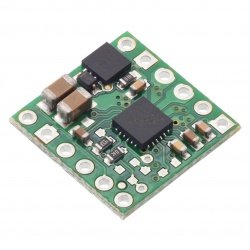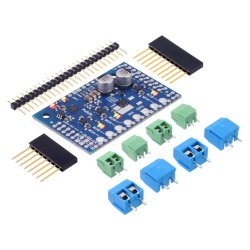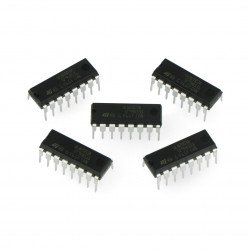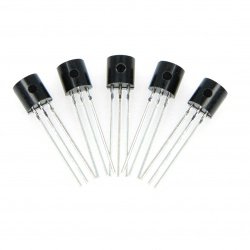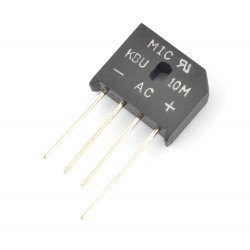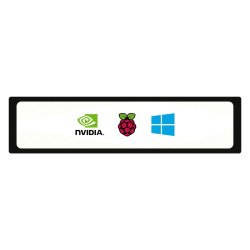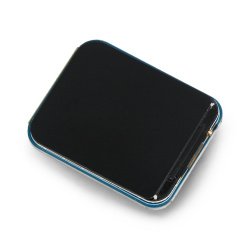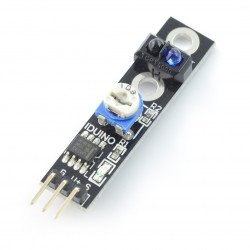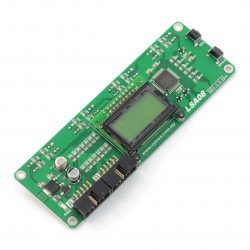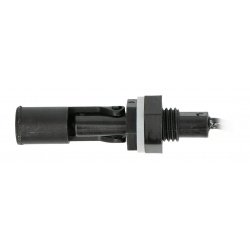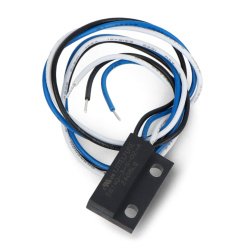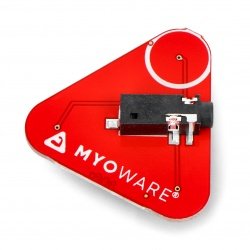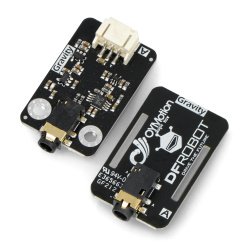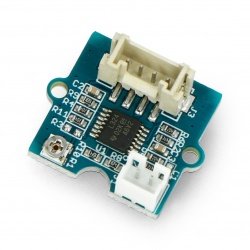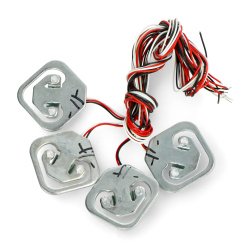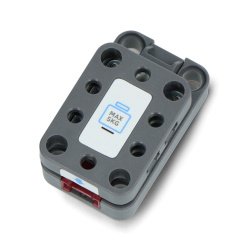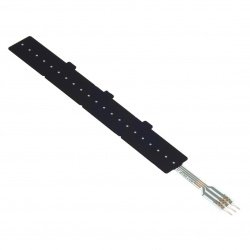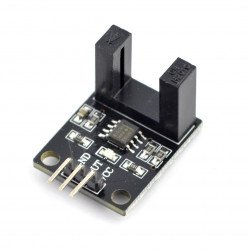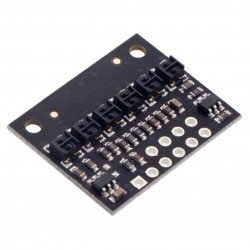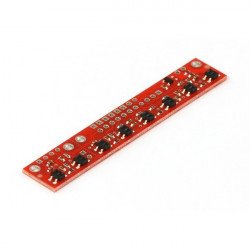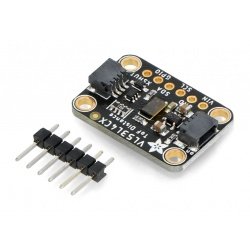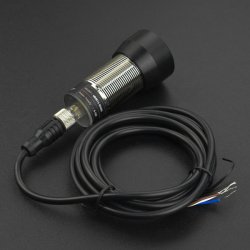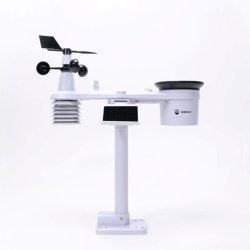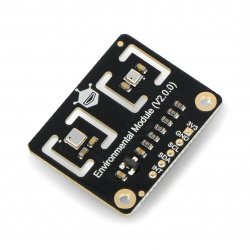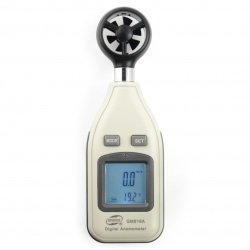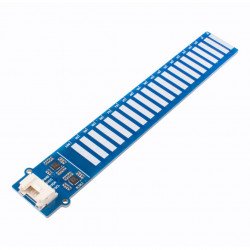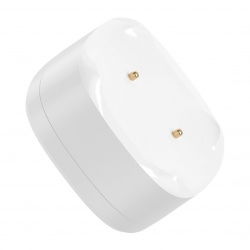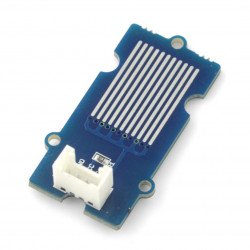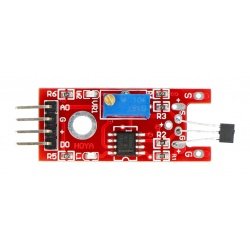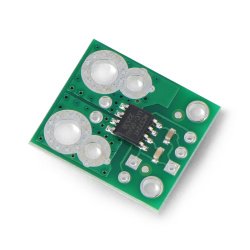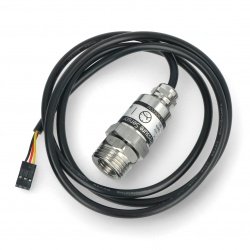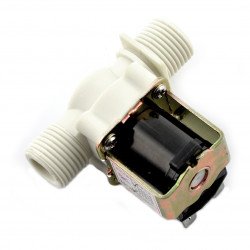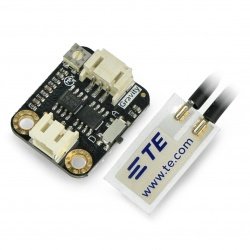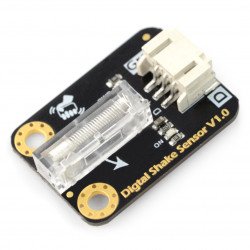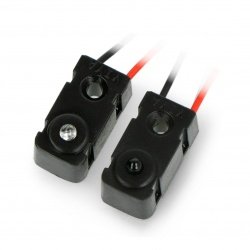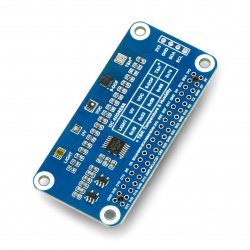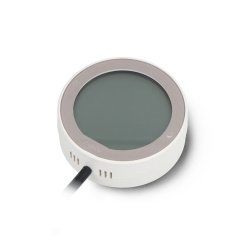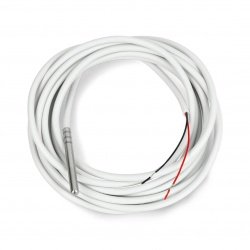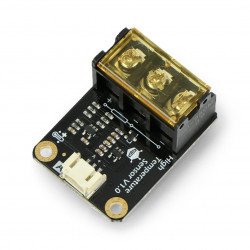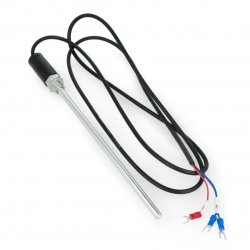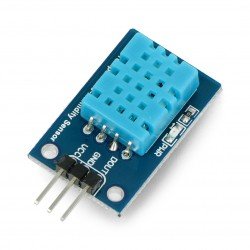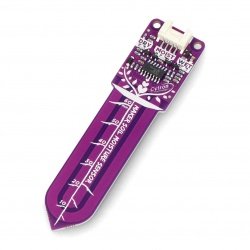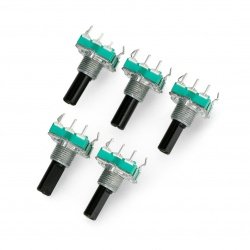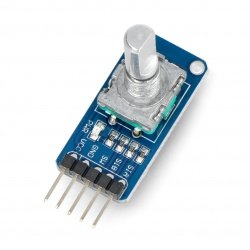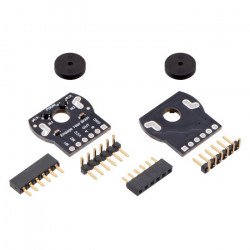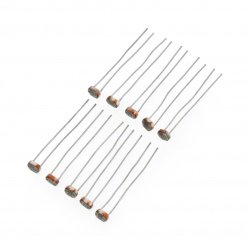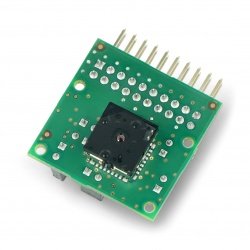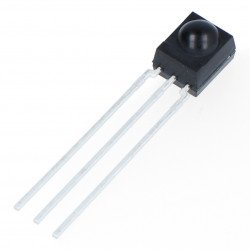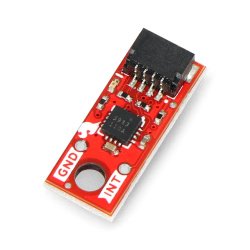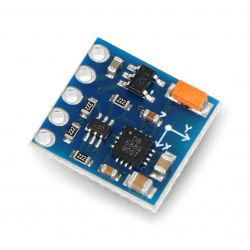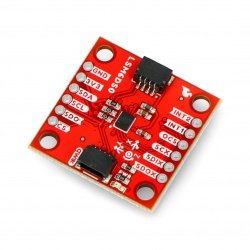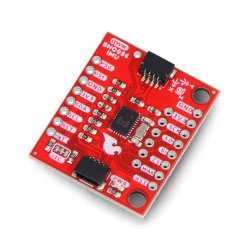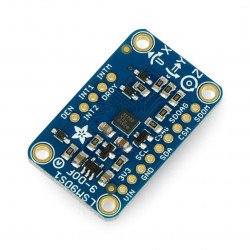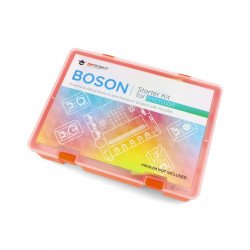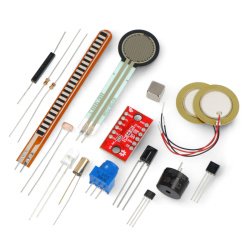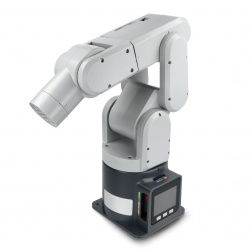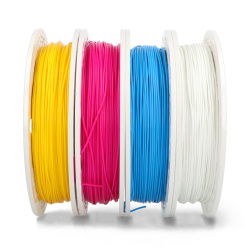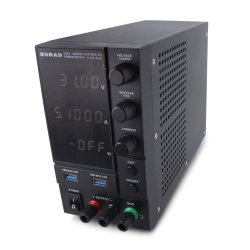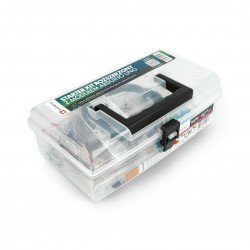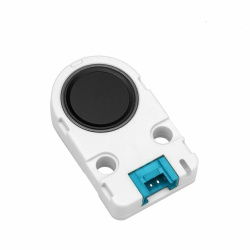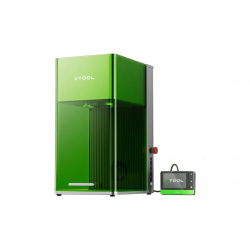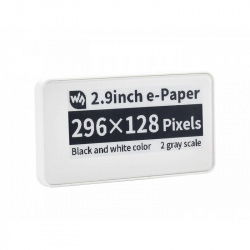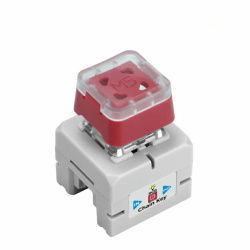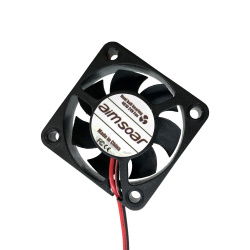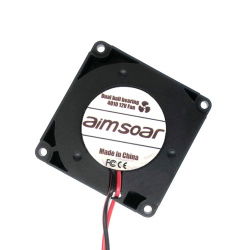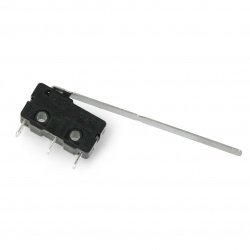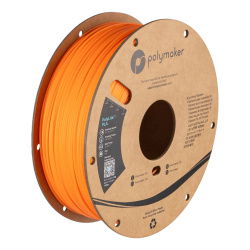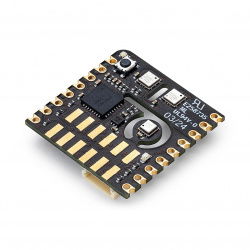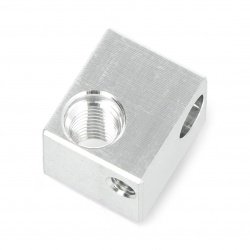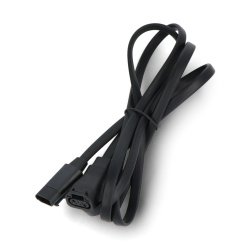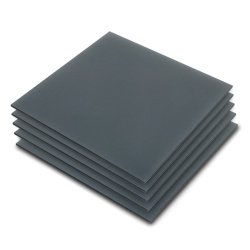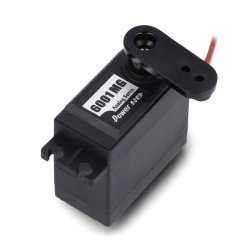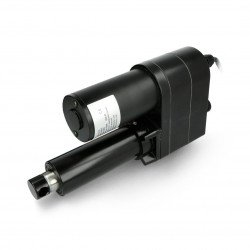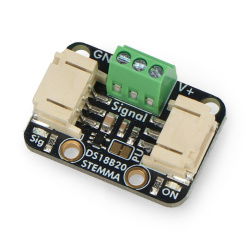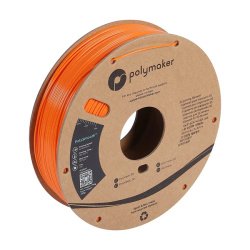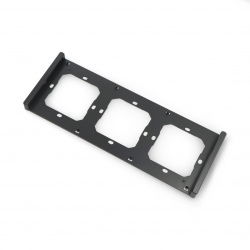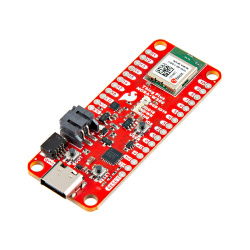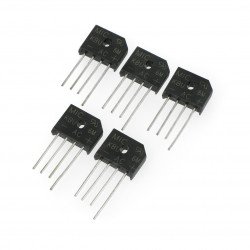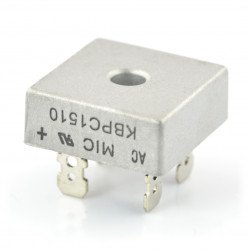Rectifier bridges are electronic components that are used in equipment such as power supplies or chargers with sockets adapted for use with AC mains. Their task is to "straighten" the signal from the socket (AC) so that at the output appears a direct current (DC). Most of the electronic devices we use every day work thanks to the use of rectifying bridges in power supplies or chargers - for example TV, laptop, phone and many others.
Rectifier bridges
Bridge rectifier KBPC2510 - 1000V/25A - with connectors
Bridge rectifier, maximum working voltage 1000 V, current to 25 A . It has outputs in the form of connectors.Bridge rectifier KBU6M - 1000V/6A - flat - 5pcs
Flat bridge rectifier, maximum working voltage 1000 V, current to 6 amps . Outputs in the form of wires. Items are sold in sets of 5 pieces.Bridge rectifier S125 - 250V/1A - single phase - 10pcs.
Set of 10 rectifier bridges with a maximum voltage of 250 V and a current of 1 A. Designed for SMT surface mounting.Bridge rectifier KBU10M - 1000 V / 10A - flat -5 pieces
Flat bridge rectifier, maximum working voltage 1000 V, current to 10 A. It has outputs in the form of wires. Price for 5 pieces.Bridge rectifier KBPC3510 - 1000V/35A - with connectors
Bridge rectifier, maximum working voltage 1000 V, current up to 35 . It has outputs in the form of connectors.Bridge rectifier KBPC1510 - 1000V/15A - with connectors
Rectifying bridge, maximum operating voltage 1000 V, current up to 15 A . It has connectors in the form of terminals.See also
Bridge rectifier – what is it for?
A rectifier bridge is an electronic element whose task is to "rectify" the current signal received at the input. Standard electrical outlets provide alternating current, which is not suitable for powering many electronic devices. To adapt it to their needs, appropriate power supplies or chargers are often used, in which, among other things, rectifier bridges are installed. Such elements are able to convert alternating current (from a socket) into direct current (such as from a battery or car battery).
What are rectifiers?
Rectifiers (e.g. single-phase rectifier bridge) are most often made of properly connected rectifier diodes. To understand the topic well, it is worth knowing that the alternating current we use in wall sockets has a sinusoidal characteristic - it alternates between positive and negative polarization.
The simplest rectifier is a system with one rectifier diode. This version of the rectifier bridge is an inefficient solution for larger devices, because the energy flowing at the input of the system is used only for half the period - in the other half the voltage is simply retained. This solution is used in low-power systems. Currently, two-half systems are often used, which use voltage throughout the entire period.
Rectifier bridges – what else is worth knowing about them?
A good example is the so-called Graetz bridge - one of the most common systems of this type. It consists of four rectifier diodes arranged in such a way that it becomes a full-wave rectifier. During the first half of the period, the voltage flows through two diodes, while the next two are reverse biased, while in the second half of the period the situation is reversed (the diodes that were conducting act reverse biased, and the diodes that were reverse biased conduct).
As a result, the user receives a voltage current flowing in one direction at the output, but with significant ripple. To prevent such an effect, so-called low-pass filters (e.g. a suitably matched capacitor) are used in this type of systems, which smooth the signal waveform. Currently, electronics engineers most often use ready-made systems enclosed in small housings, so they do not have to build their own rectifier bridges from diodes. In the integrated circuits section, in addition to rectifier bridges, you can find, among others: transistors , interfaces , logic circuits and many others.
What do we offer in this section?
Our offer includes high-quality rectifier bridges, mostly from MASTER INSTRUMENT CORPORATION. It is one of the world's largest producers of electronic parts. It has been operating since 1988 and specializes in the production of rectifiers and LED diodes.
We offer, among others, various products made using THT technology (through-hole technology), in which the flowing voltage cannot exceed 1000 V. Most of them are systems designed for single-phase current. Each of these products is sold in quantities of five pieces in one purchase. Individual models differ, among others, in: maximum forward current, reverse voltage max. and other parameters. Selected models available in our store are equipped with flat pins.
We have rectifier bridges with current limits of 6 A, 10 A, 15 A, 25 A, 35 A or 50 A. The products are available in various sizes and shapes to make it easier to fit them into the system.
We also offer a small model of this type made in SMD technology with the marking S125. It is intended for use with a voltage not exceeding 250 V and a current not exceeding 1 A. The bridge is intended for use with single-phase current and is intended for surface mounting, and is supplied in 10 pieces (in a special package for SMD components).
Where to use such elements?
These types of systems are most often used in electronic projects with low power consumption. A good example would be a system that provides power to prototype devices that are ultimately intended to run on batteries. Rectifier bridges of this type can be used, for example, to power logic circuits, smart lamps, for building phone chargers or powering a weather station - the number of possibilities is practically endless.
Each product available in the Botland store comes directly from the manufacturer or a proven supplier. The extensive offer of Botland stores is constantly updated and adapted, even to demanding customers. If you have additional questions about a specific product, please contact us by e-mail, telephone or via the form available on the website.
Rectifier bridges - FAQ
A rectifier bridge is a system composed of four rectifier diodes (silicon), connected together in a way that enables two-half rectification of alternating voltage, i.e. conversion from AC to DC voltage.
Appropriate connection of diodes in the Graetz bridge structure allows obtaining a constant voltage in each half (half cycle) of the sinusoidal waveform - the appropriate diodes "turn on" alternately, which means that the voltage at the bridge output always has the same polarization (we call it constant voltage, although in in reality it is strongly "pulsating").
In rectifier bridges of power supplies, classic, "ordinary" rectifier diodes (silicon) are used with an appropriate maximum current (usually from one to several dozen amperes) and a maximum reverse voltage exceeding the mains voltage (often 1000 V).
The bridge disconnected from the system can be checked with an ordinary ohmmeter - the current should flow freely between the "-" terminal (red wire of the multimeter ) and "+" (black wire of the meter), while the flow in the other direction should be blocked (very high or unmeasurable resistance). Moreover, no current should flow in any direction between the mains pins ("~").




